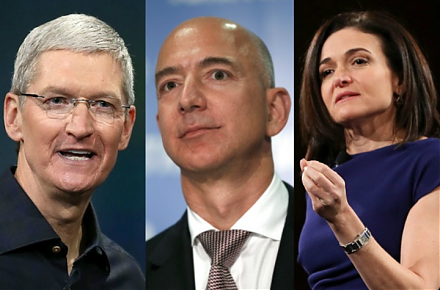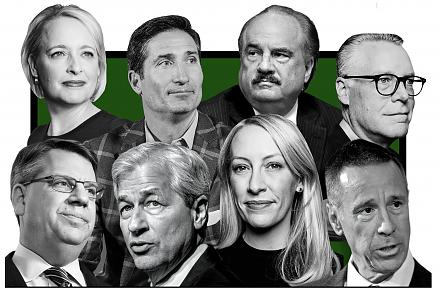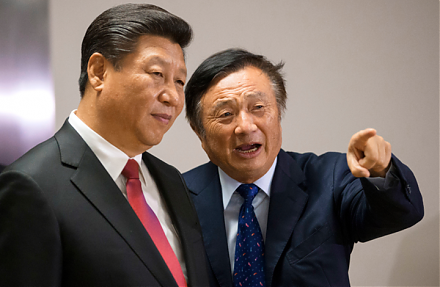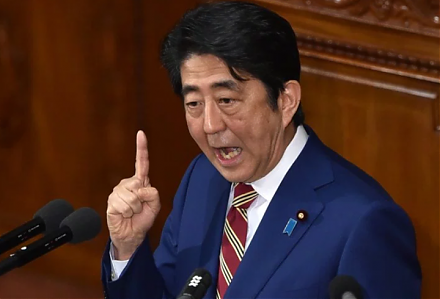

2019-07-23 09:22:00 Tue ET
technology antitrust competition bilateral trade free trade fair trade trade agreement trade surplus trade deficit multilateralism neoliberalism world trade organization regulation public utility current account compliance
Harvard economic platform researcher Dipayan Ghosh proposes some alternative solutions to breaking up tech titans such as Facebook, Google, Apple, and Amazon. As Ghosh suggests, breaking up tech titans would only serve to punish innovative tech enterprises that have already created tremendous economic value. The major tech titans have become quasi-monopolies that necessitate a novel and stringent set of *utility regulations* for better privacy protection and personal data usage. In fact, these regulations should obstruct the capitalistic overreaches of tech titans in order to protect the public against economic exploitation. Facebook, Google, Apple, and Amazon reap substantive mercenary gains from their network services when more people use these services.
Their current infrastructure makes it extraordinarily difficult for new entrants to offer competitive levels of consumer utility. The tech titans extract consumer currency on the basis of personal data and attention. Moreover, these tech pioneers extract consumer currency on one side of the platform, and then exchange such currency for monetary revenue at high margins on the other side of the same platform. This subtle but corrosive form of economic exploitation seems objectionable to Justice Department, Federal Trade Commission, and European Commission. Ghosh thus advocates an alternative case for utility regulations in lieu of breaking up the tech titans such as Facebook, Google, Apple, and Amazon.
If any of our AYA Analytica financial health memos (FHM), blog posts, ebooks, newsletters, and notifications etc, or any other form of online content curation, involves potential copyright concerns, please feel free to contact us at service@ayafintech.network so that we can remove relevant content in response to any such request within a reasonable time frame.
2019-08-18 11:33:00 Sunday ET

House Judiciary Committee summons senior executive reps of the tech titans to assess online platforms and their market power. These companies are Facebook,
2016-11-08 00:00:00 Tuesday ET

Donald Trump defies the odds to become the new U.S. president. He wants to make America great again. He seeks to repeal Obamacare. He has zero tole
2022-02-22 09:30:00 Tuesday ET

The global asset management industry is central to modern capitalism. Mutual funds, pension funds, sovereign wealth funds, endowment trusts, and asset ma
2019-06-01 10:33:00 Saturday ET

Top tech firms such as Google, Intel, and Qualcomm suspend Android services to HuaWei as the Trump administration blacklists the Chinese company. HuaWei can
2018-11-15 12:35:00 Thursday ET

Warren Buffett approves Berkshire Hathaway to implement new meaningful stock repurchases. Buffett sends a positive signal to the stock market with the Berks
2019-07-13 07:17:00 Saturday ET

Japanese prime minister Shinzo Abe outlines the main economic priorities for the G20 summit in Osaka, Japan. First, Asian countries need to forge the key Re